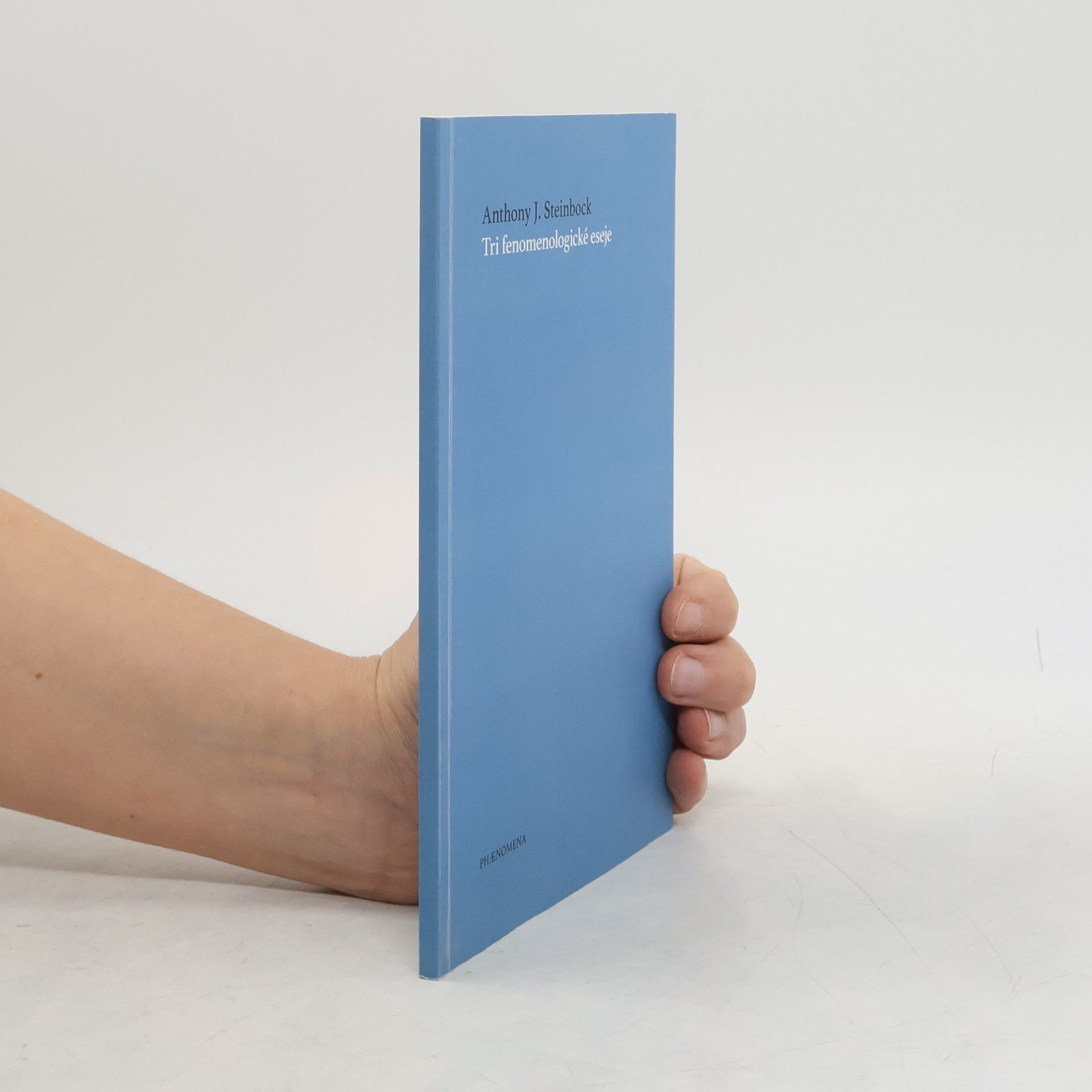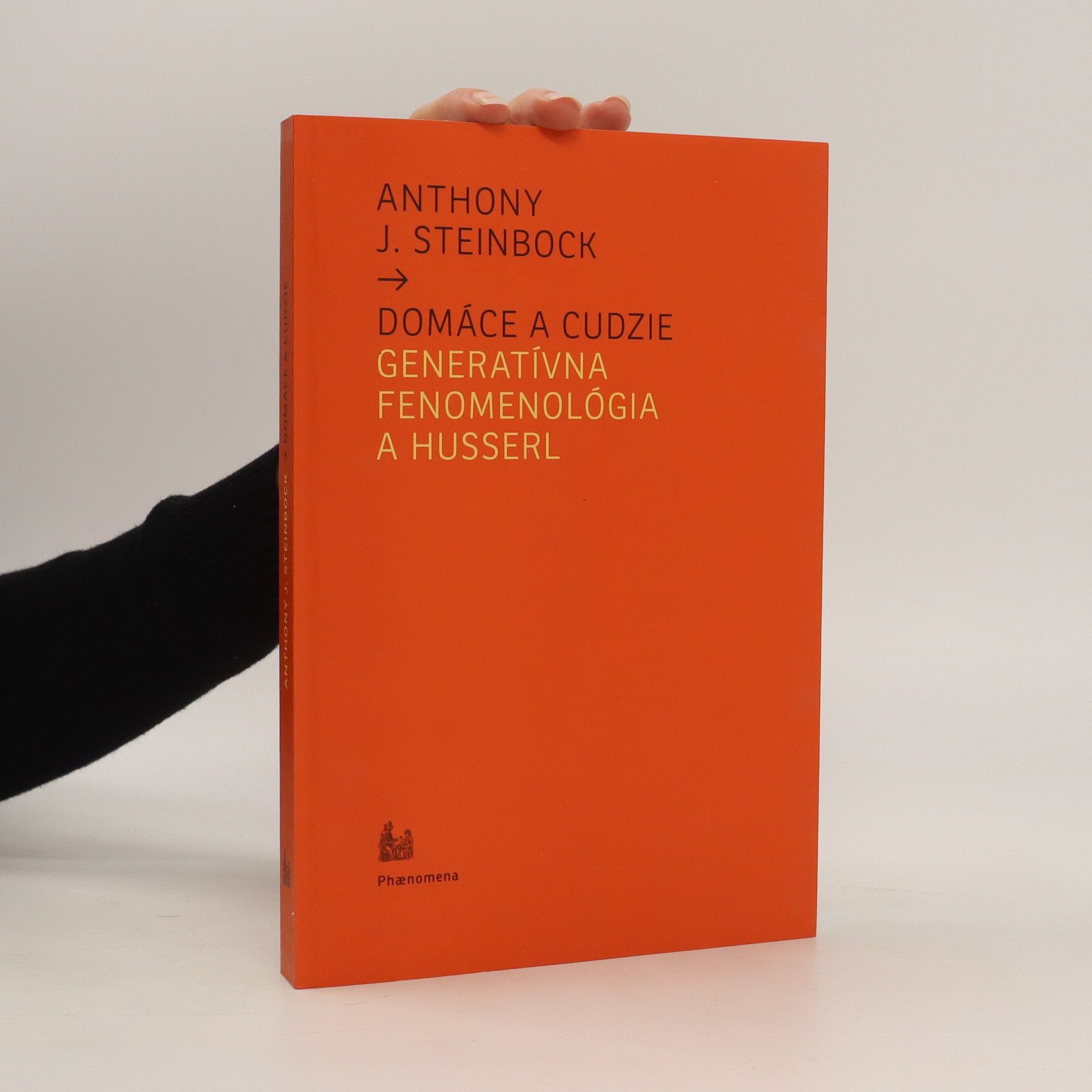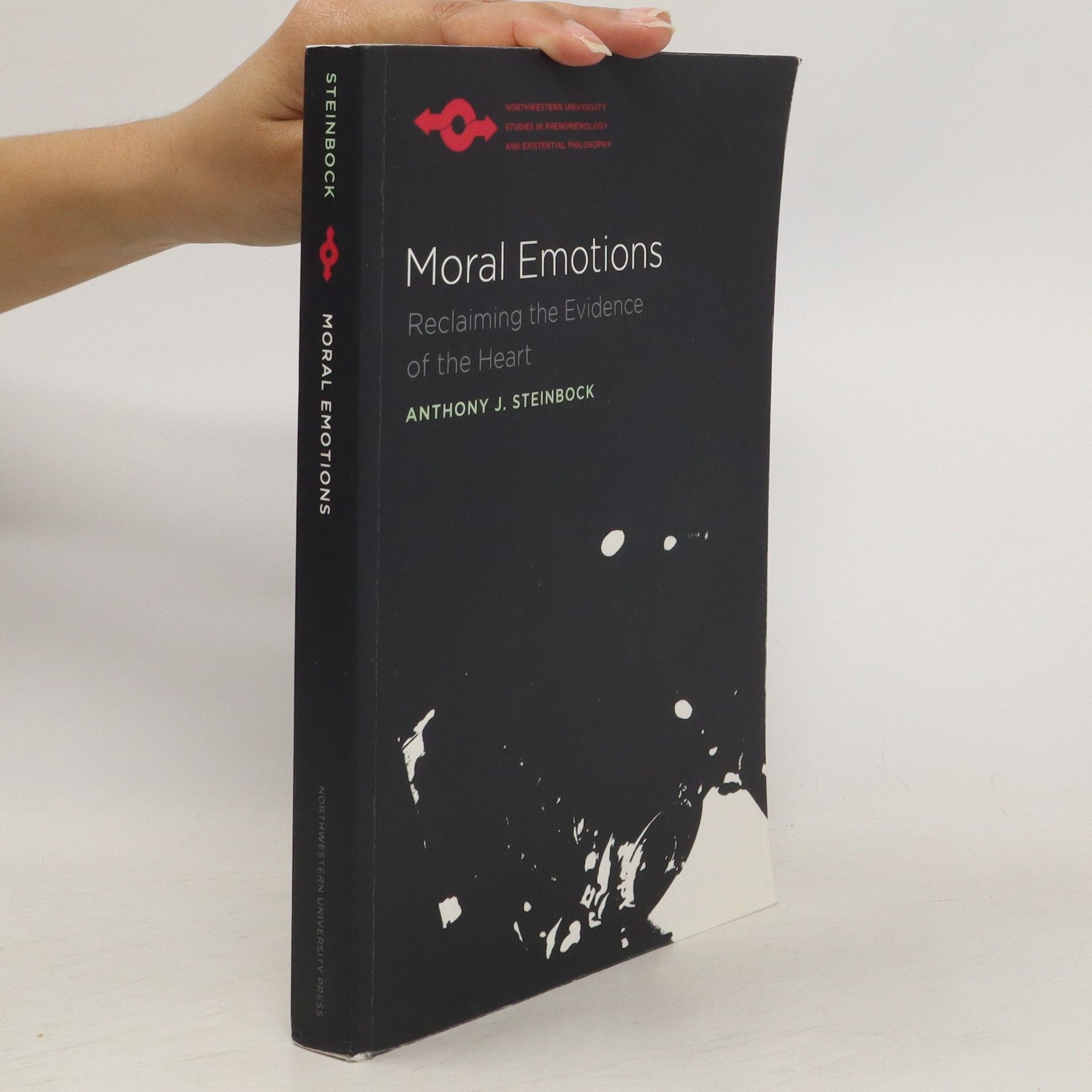Moral Emotions: Reclaiming the Evidence of the Heart
- 354pages
- 13 heures de lecture
Focusing on the concept of personhood, the book delves into the significance of moral emotions, categorizing them into three key groups: self-givenness (pride, shame, guilt), possibility (repentance, hope, despair), and otherness (trusting, loving, humility). Anthony J. Steinbock presents a systematic exploration of these emotions, highlighting their roles in human experience and moral development, thus advancing the field of phenomenology.


